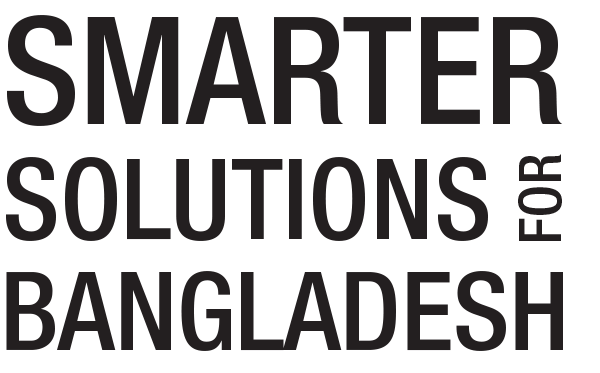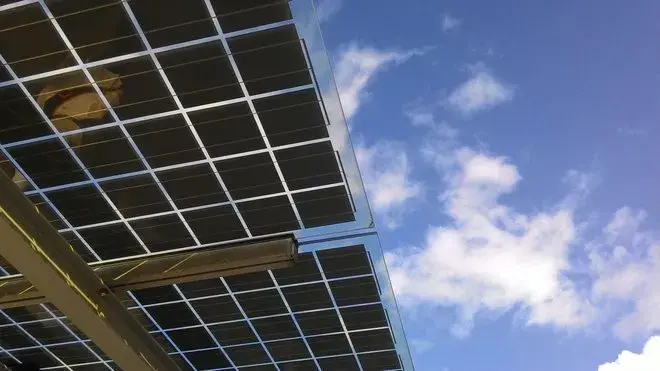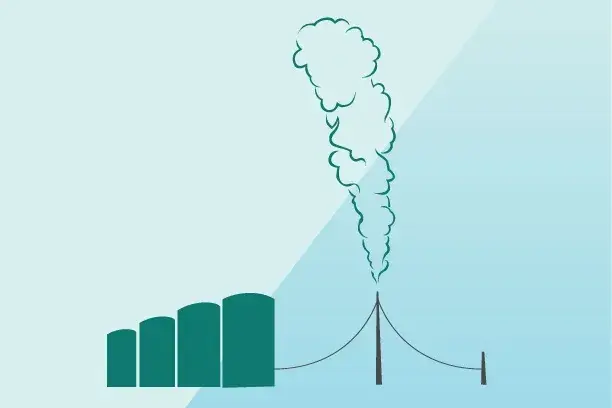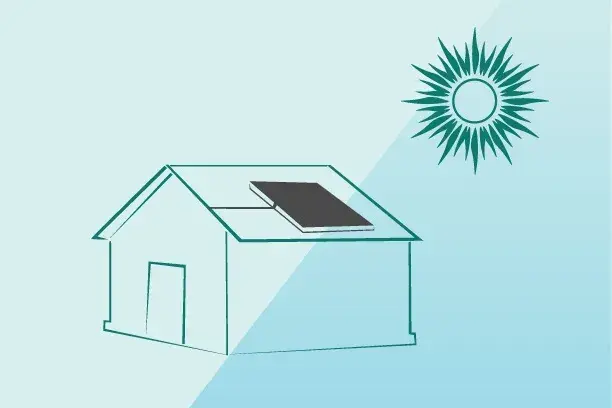Energy
Tens of millions of Bangladeshis have gained access to electricity over recent years. In 2000, just 32 percent of the population had electricity access; today that figure stands at nearly 60 percent, according to the World Bank.
Yet the national energy sector still lags behind many of its neighbors, and the power Bangladesh manages to generate is unreliable—blackouts and shortages cost an estimated 0.5 percent of GDP annually.
Proposed Strategies
| Strategy | Takas of benefits per taka spent |
|---|---|
| Import coal for more power | 23 |
| Imported and domestic coal for more power | 24 |
| Household solar to replace kerosene | 1.8 |
| Shared diesel to replace kerosene | 25 |
Smart Energy Options for Bangladesh
Research by David Roland-Holst, University of California, Berkeley, and Herath Gunatilake, Asian Development Bank, along with consultant Bjorn Larsen, analyzes the smartest ways to power Bangladesh in coming years.
Bangladesh today faces a different future than it imagined decades ago, when relatively abundant natural gas seemed to be the key to prosperity. Energy policies that undervalue this resource have depleted it dramatically, undermining investment present and future energy services..."
- David Roland-Holst & Herath Gunatilake
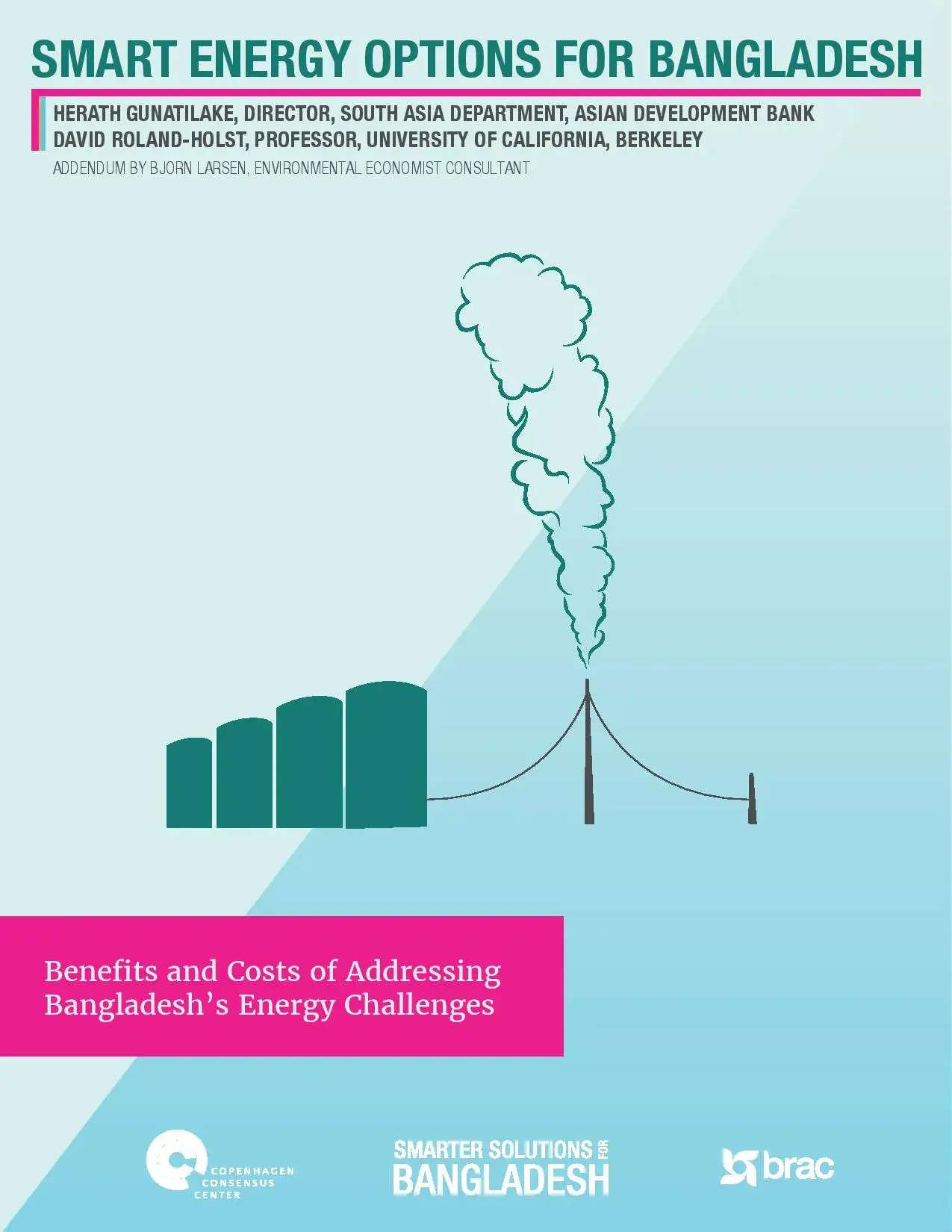
Benefits of Lighting – A Cost Benefit Analysis on Distributive Solar Home Systems
For millions of rural homes, electrification is still far off, and most use dirty kerosene lamps for lighting. Research by A.K. Enamul Haque, a professor of economics at the East-West University in Dhaka, examines alternative lighting options.
In many countries, including Bangladesh, solar home systems are part of a major public policy focus of the government because it has effectively ‘lighted’ 3 million houses in remote locations who are unlikely to have electricity from grid connections."
- Dr. A. K. Enamul Haque
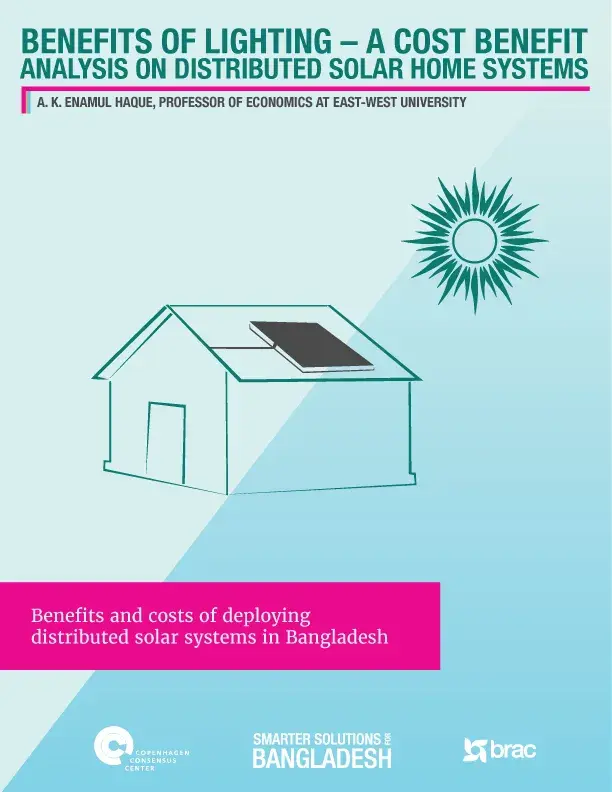
Bringing electricity to more Bangladeshis
In a series of op-eds published in The Daily Star and Prothom Alo, Bjorn Lomborg outlined the key findings of the path-breaking research produced by the Bangladesh Priorities project.
The national energy sector still lags behind many of its neighbours, and the power Bangladesh manages to generate is unreliable - blackouts and shortages cost an estimated 0.5 percent of GDP annually." - Bjorn Lomborg
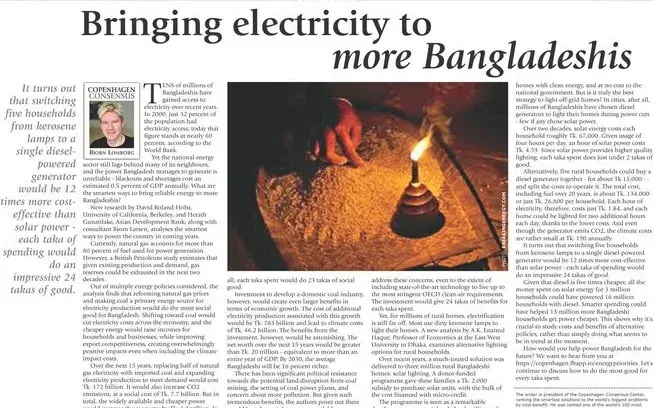
What's the smartest solution for Bangladesh?
How would you help power Bangladesh for the future? After reviewing 1,000s of pages of peer-reviewed research an Eminent Panel ranked 72 solutions from the best to the worst in terms of delivering the most social, economic and environmental value for money. Find out what they ranked the highest here.

